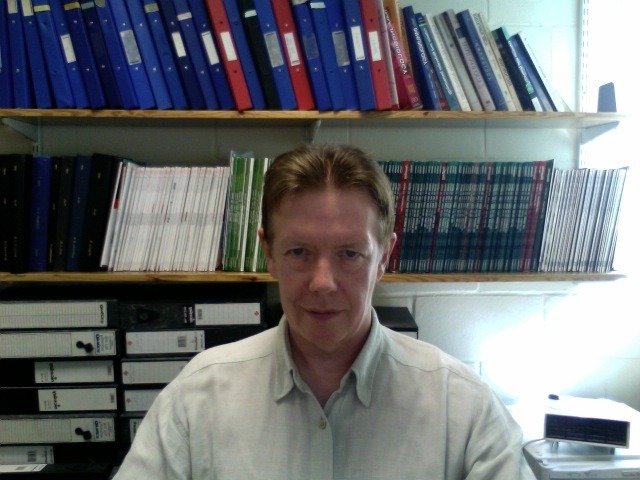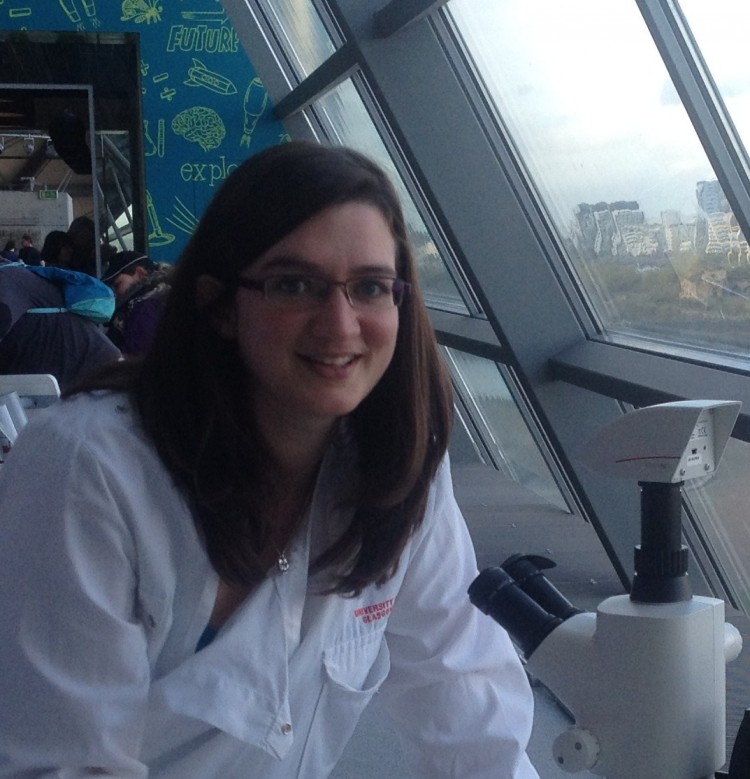The Harnett Labs
“I have 30 years of experience of working on the immunology of parasitic worms, starting during my PhD at the University of Glasgow, then spending 8 years at the National Institute for Medical Research in London before returning to Glasgow to the University of Strathclyde. During the past 10-15 years I have been investigating the therapeutic potential of the ES-62 molecule in a range of diseases including asthma, rheumatoid arthritis, systemic lupus erythematosus and cardiovascular disease. With respect to asthma, my findings include the first demonstration that a single molecule derived from a parasitic worm – ES-62 – could inhibit the development of asthma in mice and block isolated human cells from releasing the chemicals, which cause allergy."
“I studied for my PhD in Madrid, focusing on the biology of neglected tropical diseases in South America. After completing my PhD I decided to continue my scientific career at the University of Glasgow, where I have worked for the last 6 years studying the cause of autoimmune diseases, such as lupus or rheumatoid arthritis. I have also worked more recently in the field of Asthma in collaboration with Prof Harnett and his group at the University of Strathclyde and I would mow like to start up my own research line to understand how inflammatory diseases work and to find alternative drugs that we can translate to the clinic”.
Miguel Pineda PhD
Professor William Harnett



Professor Margaret
Harnett
Harnett
"I have been working on the signalling mechanism underpinning development of the immune response for some 30 years, in order to identify novel drug targets and immunomodulatory therapies to combat infection and inflammatory disease. I started with my PhD at the University of Glasgow on pathways of pathogen biology before working on innate cell, particularly neutrophil, responses and their dysfunction in diseases at University College London and then adaptive B and T cell Biology at the National Institute for Medicine, London. Since my return to the University of Glasgow, a major focus has been to identify the targets of the anti-inflammatory actions of ES-62 in order to identify Biomarkers of inflammatory disease and potential sites of intervention in Asthma, Rheumatoid arthritis, Systemic Lupus Erythematosus and Cardiovascular Disease."
Felicity Lumb PhD
"I have recently obtained my PhD in Immunology working in Prof. William Harnett’s group at the University of Strathclyde. My studies identified small drug-like analogues of ES-62 that mimic the anti-inflammatory effect of ES-62 on a specific immune cell, the dendritic cell. Dendritic cells act as sentinels of the immune system and can activate and guide the immune response to infection and modifying their activation is a key mechanism by which ES-62 promotes its anti-inflammatory effects. I am now working, in collaboration with Prof. Margaret Harnett’s group, on a new project investigating the potential of ES-62 to slow ageing and to improve late-life health and well-being."

